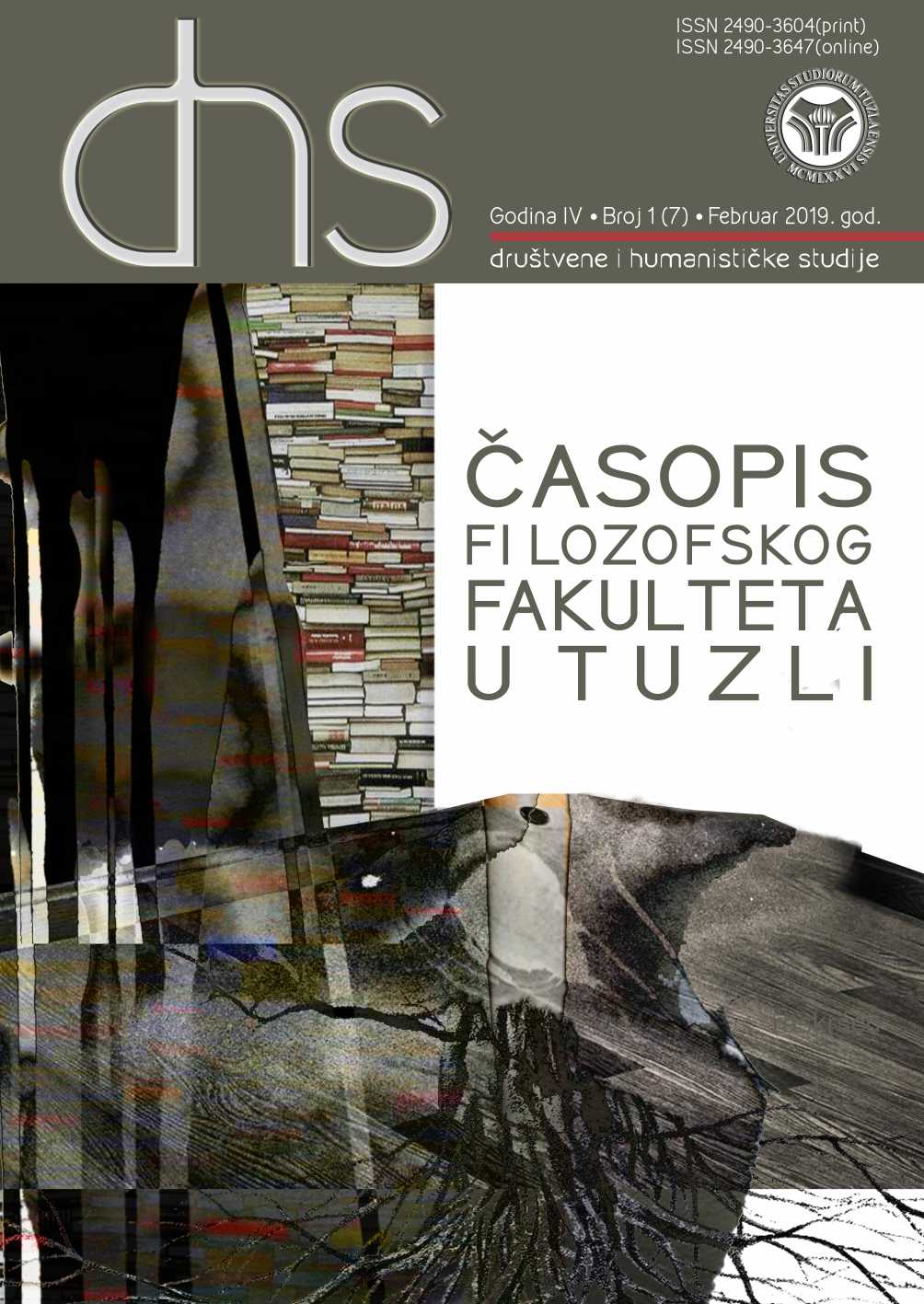Proces radikalizacije ličnosti u pravcu oboženja ili razboženja samoubilačkog teroriste (istorija slučaja: Terorista Džona Apdajka)
The Process of Personality Radicalization Regarding Re-deification or De-deification of a Suicidal Terrorist (Case History: John Updike’s the Terrorist)
Author(s): Dragana R. MašovićSubject(s): Studies of Literature, Other Language Literature, Security and defense
Published by: Filozofski fakultet Univerziteta u Tuzli
Keywords: Radicalization; Violence; Terrorist; Terrorism; Ideology;
Summary/Abstract: The paper represents a study of the process of radicalization as that of ideological socialization by which personality is transformed from a normal to extra-normal one (Sprinzak) due to the use of violence without moral restraints (Schmid), especially in the case of suicidal terrorists. Since it is a very complex phenomenon, with numerous social, ideological, cultural and other causes, the paper is focused on one possible model analyzed with respect to the referential (not all-inclusive but relevant) theoretical works,elaborated in the novel The Terrorist by John Updike which in itself, with its open ending, points to many other possibilities, conceptualizations and categorizations. The goal of this paper is to inquire into,by critical reading as appropriate method, a literary-sociological construct which is here primarily defined as a form of micro analysis of psycho-social structure of the personality of a potential suicidal terrorist.Starting from Sprinzak, Moghadam and other theorists, the radicalization process is interpreted as unfolding in phases, from the initial crisis of confidence till the final suicidal or/and homicidal action within a respective environment. A somewhat similar format is implied in some of the aspects of the above-mentioned novel, an engaged literary work written with the intention to support literature’s hope to serve wider culture (Batchelor). This “wider culture” is represented in an extremely critical way as well as an in-depth analysis of the profile of a potential terrorist illustrating the theoretical assumptions of the radicalization process. In this way the writer becomes an analyst as well giving his own contribution to the psychological analysis of the phenomenon but with the remark that his work, while merging fiction, psycho-sociological and cultural studies, also becomes open for debate and all sorts ofdifferent interpretations.
Journal: DHS-Društvene i humanističke studije: časopis Filozofskog fakulteta u Tuzli
- Issue Year: VII/2019
- Issue No: 7
- Page Range: 141-158
- Page Count: 18
- Language: Serbian

